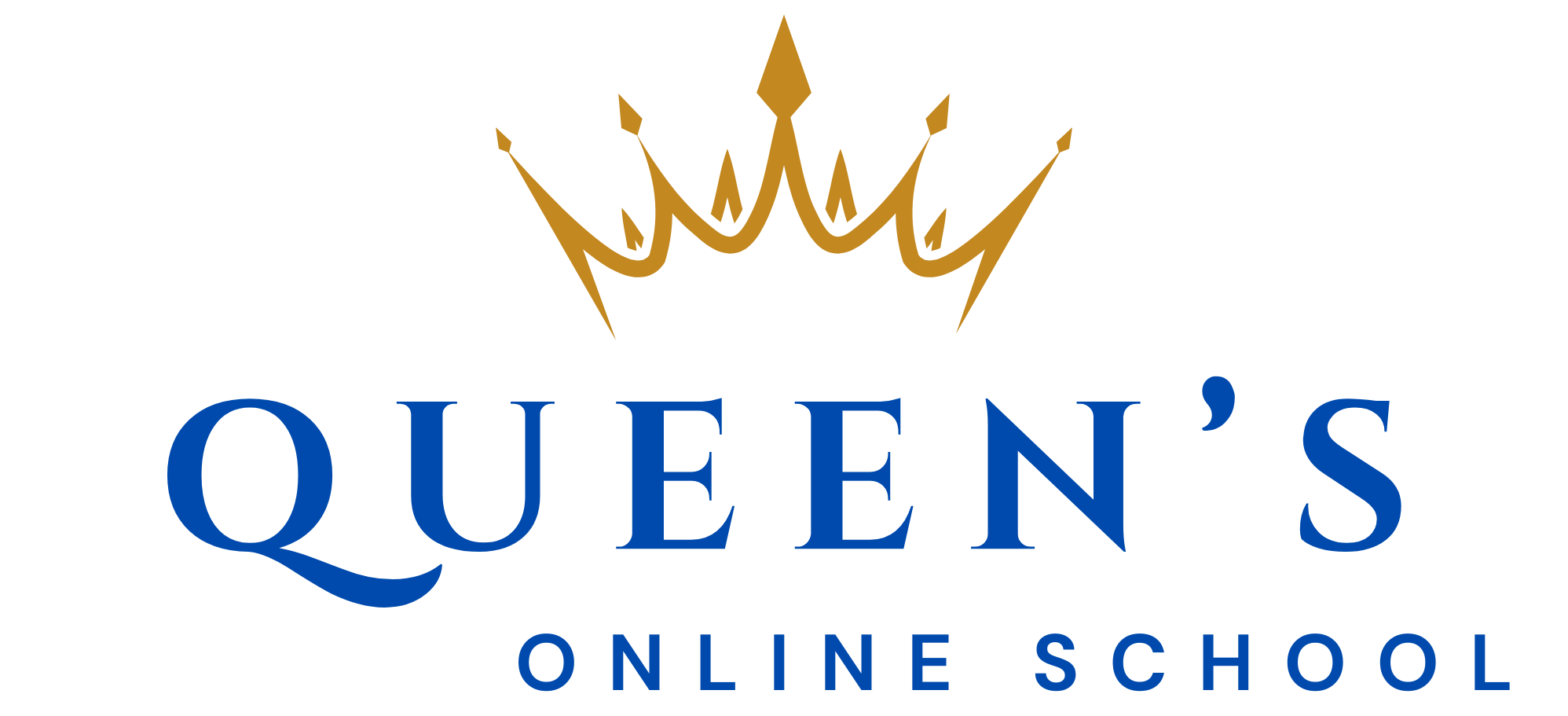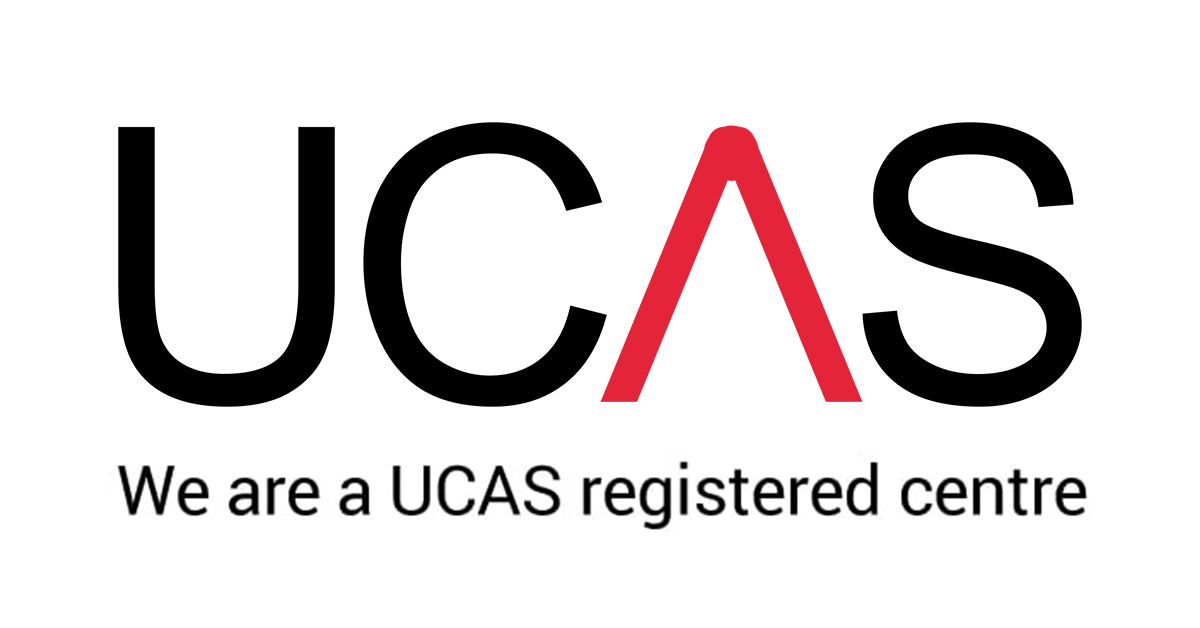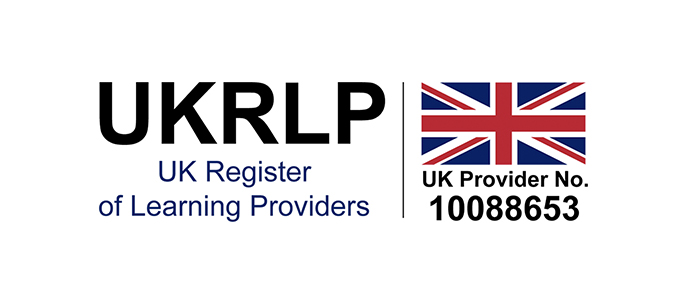Key Stage 3 - STEM
(Science, Technology, Engineering & Mathematics)
At Queen’s School, our Key Stage 3 STEM curriculum integrates Science, Technology, Engineering, and Mathematics to provide students with a dynamic and problem-solving approach to learning. Designed to encourage innovation, critical thinking, and hands-on experimentation, this course helps students apply scientific and mathematical principles to real-world challenges through engineering and technology.
Through interactive projects, coding tasks, and collaborative problem-solving activities, students will develop technical skills, creativity, and analytical reasoning, preparing them for careers in engineering, computer science, biomedical sciences, and other STEM-related fields. Our goal is to foster curiosity and confidence in tackling complex, interdisciplinary problems.
Assessment in Key Stage 3 STEM is project-based and skills-focused, ensuring students can apply their learning in practical contexts. Evaluation methods include:
- Design and engineering challenges, where students build and test models.
- Mathematical problem-solving tasks linked to real-world applications.
- Scientific investigations, involving hypothesis testing, data collection, and analysis.
- Programming and robotics projects, demonstrating logic and computational thinking.
- Group presentations, explaining research findings and engineering solutions.
This approach ensures students develop resilience, teamwork, and innovative thinking.
Homework is set weekly to encourage independent exploration and problem-solving. Tasks may include:
- Researching real-world STEM applications, such as renewable energy or AI technology.
- Designing and sketching engineering prototypes.
- Solving mathematical puzzles and logic-based challenges.
- Programming tasks in Python or block-based coding platforms.
- Writing reflections on experiments and their outcomes.
These assignments help students deepen their STEM knowledge and apply it creatively.
Parents have 24/7 access to their child’s progress through an online portal, which includes coursework grades, teacher feedback, and project evaluations. Regular progress reports and parent-teacher consultations ensure students receive personalised guidance for further development in STEM.
While lessons provide all essential resources, students may benefit from further reading, including:
- BBC Bitesize KS3 STEM & Computing (online).
- STEM-focused magazines and articles (e.g., New Scientist, Wired).
Key Details
Course Outline
The Key Stage 3 STEM curriculum is designed to provide students with a broad and applied understanding of interdisciplinary scientific and technological concepts. The curriculum ensures students:
- Develop problem-solving skills through hands-on engineering challenges.
- Apply mathematical reasoning to scientific and technological problems.
- Explore computing and coding through programming and robotics projects.
- Learn about sustainability and emerging technologies in the modern world.
- Work collaboratively on STEM projects to develop teamwork and leadership skills.
Key Topics Taught
- Engineering & Design Thinking: Prototyping, structural design, and mechanics.
- Applied Mathematics: Geometry in design, probability in data science, algebra in coding.
- Scientific Innovation: Renewable energy, medical technology, and space exploration.
- Environmental STEM: Sustainability, climate change, and smart city technology.





